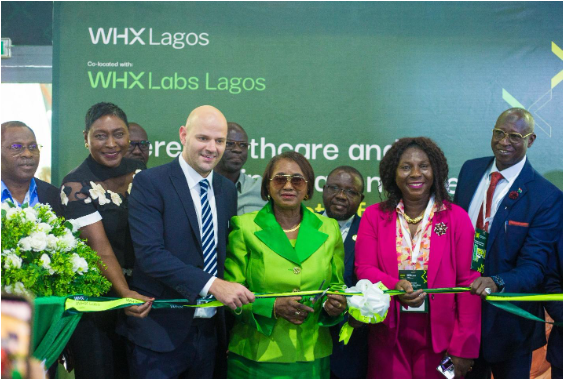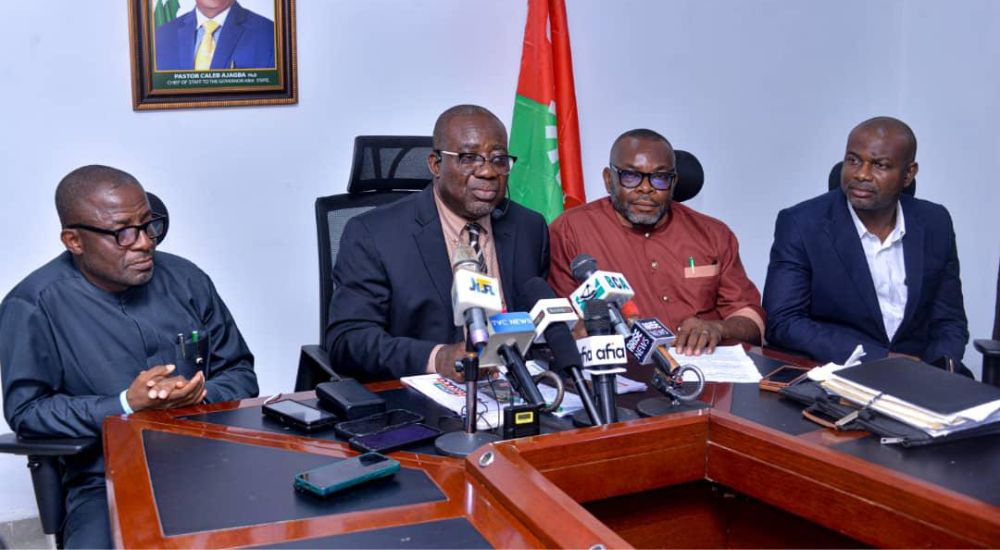AHAPN Defends Pharm.D Degrees After Criticism By Doctors

The Association of Hospital and Administrative Pharmacists of Nigeria (AHAPN) has responded to recent criticisms from the Nigerian Association of Resident Doctors (NARD) regarding the adoption of the Doctor of Pharmacy (Pharm. D) degree.
Recall that the Nigerian University Commission (NUC), in January, announced the upgrade of some medical-related academic programmes such as pharmacy, physiotherapy and Optometry degrees in Nigerian universities from bachelor’s degrees to doctor status.
But NARD criticised the idea and described it as part of an increasing trend by other health worker groups to compete with medical doctors, rather than focusing on systemic reforms.
“Conferring the title ‘Doctor’ on multiple professional groups without public education or structural clarity may confuse patients, worsen interprofessional tensions, and enable quackery in an already fragile health system,” NARD said.
However, AHAPN faulted doctors’ remarks as “misleading” and based on a “misrepresentation of facts.”
The National Chairman of AHAPN, Pharm. Elechi Oyim, explained that the Doctor of Pharmacy is not a new development but has been in place for over two decades to align Nigeria with global standards and improve pharmaceutical care delivery.
According to the statement, Oyim clarified that the Pharm.D degree is a globally recognised clinical qualification that equips pharmacists with advanced training. He said the training supports rational drug use, reduces medication errors, and enhances therapeutic outcomes through collaboration with other healthcare professionals.
“Contrary to NARD’s claims, the Pharm.D program was not newly approved in 2025. The Nigerian Universities Commission (NUC), in partnership with the Pharmacy Council of Nigeria (PCN), adopted the curriculum in the early 2000s,” Oyim stated.
He further explained that Pharm.D is not an attempt to equate pharmacists with physicians but rather a way to ensure pharmacists play their rightful role in modern healthcare by focusing on drug therapy, patient counselling, and clinical pharmacology.
Addressing concerns about the title “Doctor” used by Pharm.D holders, Oyim clarified that this practice is in line with global standards. He stated that worldwide, holders of professional doctorates including M.D., Pharm. D, DPT, and OD, use the title ‘Doctor’ to reflect their academic and clinical qualifications.
He also pointed to international examples, noting that in the United States, pharmacists, physicians, and other healthcare professionals routinely use the title Doctor with the appropriate professional suffixes. He reiterated that there is no intent to cause confusion or professional rivalry.
Speaking on the benefits of the Pharm. D program, AHAPN pointed out that countries that have adopted the curriculum have seen reductions in hospital readmissions, improved medication adherence, and better health outcomes.
“Pharmacists trained under this program are better equipped to function as clinical and consultant pharmacists, adding value to patient care in hospitals and communities.”
AHAPN also dismissed NARD’s suggestion that the Pharm. D program was a move to seek parity with physicians’ salaries.
It said, “That is simply unfounded. Historically, pharmacists and physicians were on similar salary grades until adjustments in the 1990s. Current calls for salary equity by pharmacists are based on role, responsibility, and qualification—not on titles.
“In advanced health systems, healthcare is delivered through multidisciplinary teams where physicians, pharmacists, nurses, and others contribute based on their expertise. Territorialism only weakens our collective capacity to deliver quality care.”
The association, however, called on NARD and the Nigerian Medical Association (NMA) to view the Pharm. D program as a progressive development that will enhance, rather than threaten, healthcare delivery in Nigeria.
It also reaffirmed its commitment to advancing pharmaceutical care, supporting evidence-based practices, and collaborating with all health professionals to strengthen Nigeria’s healthcare system.
AHAPN Defends Pharm.D Degrees After Criticism By Doctors is first published on The Whistler Newspaper



